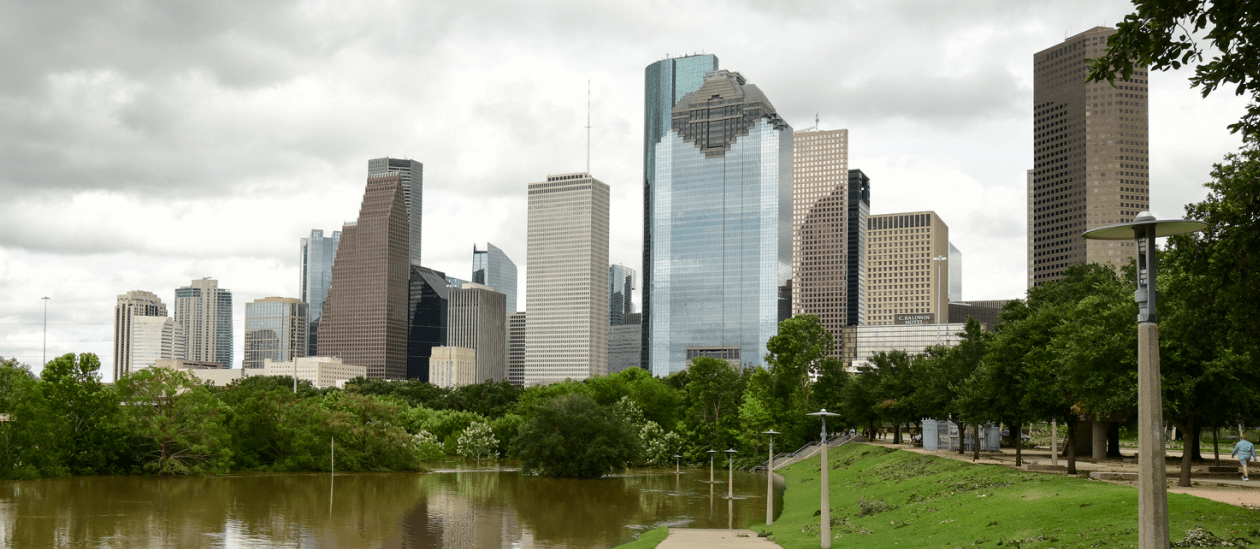
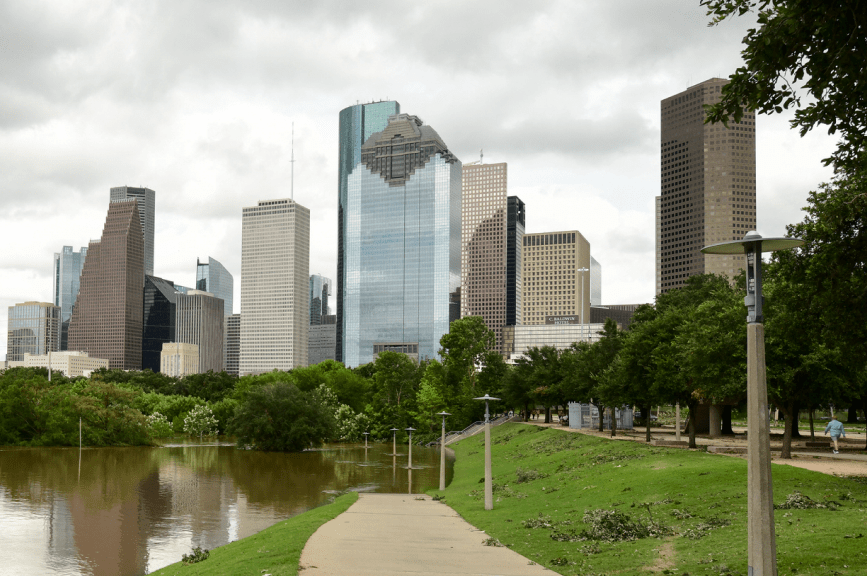
Crashing into Texas before dawn on Monday, July 8, Hurricane Beryl was the earliest hurricane to strike the U.S. in a decade. The Category 1 hurricane brought 80+ mph winds and dumped more than 10 inches on Greater Houston.
But the risks of climate-driven extremes like hurricanes and excessive heat are nothing new — and they’re only becoming more severe. Earlier and stronger storms, combined with aging infrastructure and our reliance on exposed transmission and distribution lines leave residents more vulnerable to grid failure.
We deserve better than monopolistic utilities that prioritize profits over people and ignore the need for infrastructure resilience.
As weather-related disruptions impact more electricity customers, it’s crucial to find a service provider committed to long-term, sustainable solutions. We all deserve a provider that not only serves but values its community, offering after-sales support and the technology to keep us connected when disaster strikes. Sunnova is that energy service provider.
Grids everywhere are aging. As utility infrastructure and weather patterns become more unpredictable, embracing renewable solutions like solar and battery storage is increasingly essential for energy reliability — enabling your home to maintain smooth operation. By preparing for, responding to and recovering from climate-related disturbances, you can maximize your energy resilience while minimizing economic losses.
After Hurricane Beryl struck, more than 2.7 million homes and businesses lost power, some remaining in the dark a week after the storm. But hundreds of Sunnova customers had a different experience.
The homes protected by Sunnova SunSafe® solar + battery service were able to keep the lights on, refrigerators running, TVs powered, and — for those with multiple batteries* or load control — the AC cranking.
In fact, Sunnova CEO John Berger appeared on CNBC the morning Beryl struck, answering questions from his well-lit home, powered by solar battery backup, despite the fact that CenterPoint’s grid was offline.
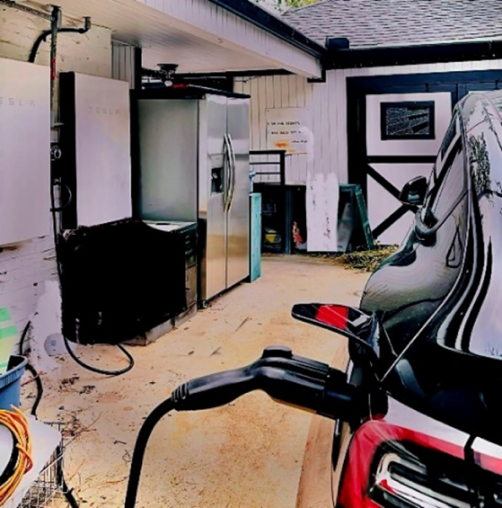
Across town, Samala Rizvi, director of business development at Sunnova, installed a solar plus storage system with a home EV charger last summer. Neither gale-force winds nor incessant downpours prevented her state-of-the-art equipment from operating.
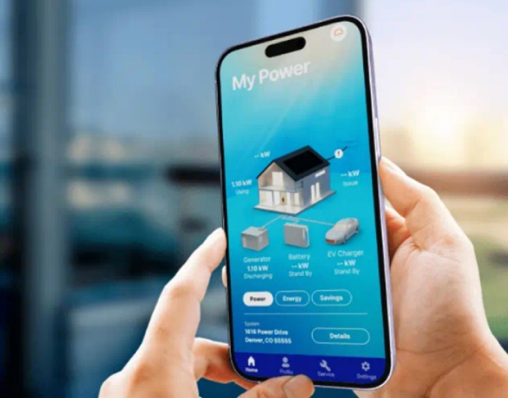
"The system's ability to anticipate storms and prepare accordingly meant I no longer had the fear of being without power like I did before," Samala said.
Through the Sunnova app, she was able to see exactly how much charge was needed to run her home efficiently and keep her electric vehicle charged and ready to go.
"The app makes it effortless to monitor and manage my energy usage, giving me peace of mind and control at my fingertips," Samala said.
Patrick Patterson, senior director of field sales at Sunnova, also witnessed his solar and storage system persevering through the elements. "I'm really happy to say my solar panels faced the true test this past weekend during the hurricane, and I'm thrilled they kept my power on when so many people I know lost theirs," Patrick said. "The setup made sure my family had reliable power through the storm, giving us peace of mind and security."
State-of-the-Art Command Center Ensures a Rapid Response
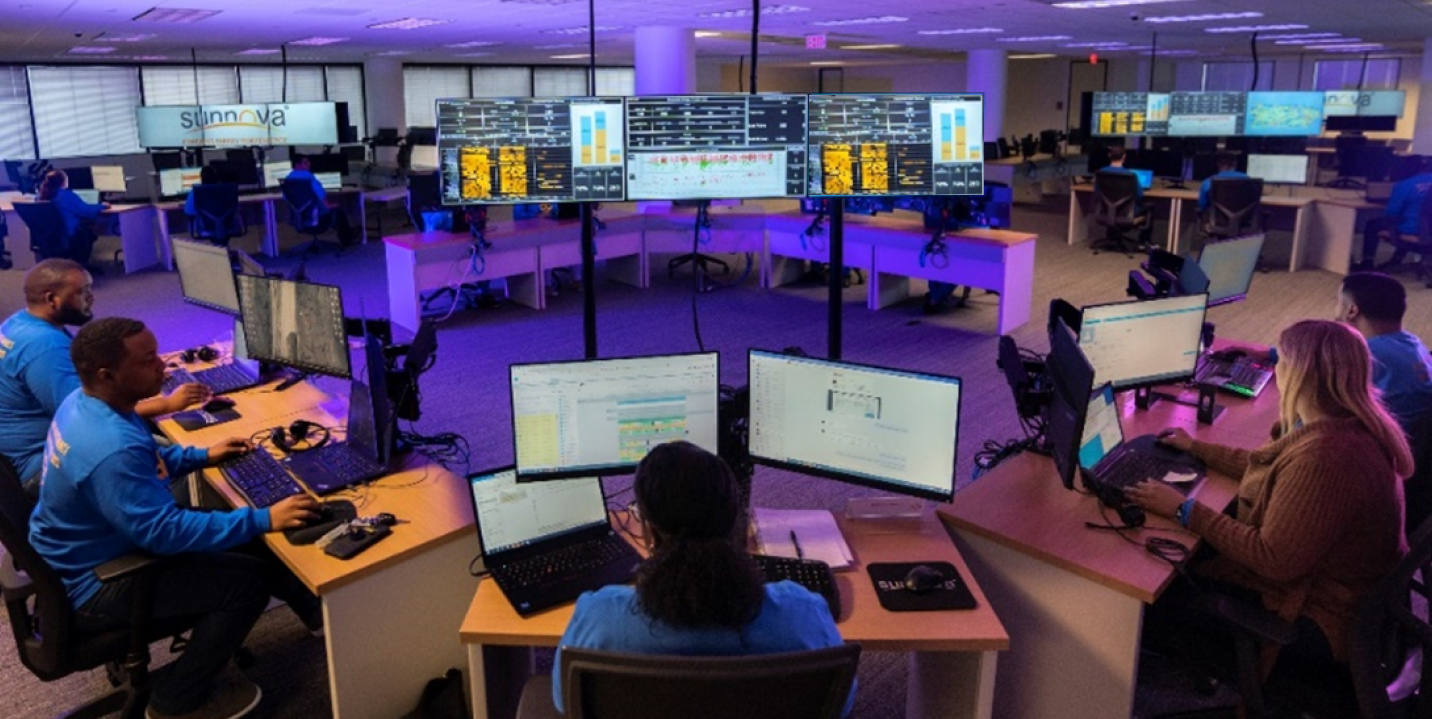
Our team members were just a few of nearly 3,000 Sunnova customers in Beryl’s path, roughly 12% of whom had battery backup.
While we don’t expect every system to remain online amid a hurricane (especially when outages last a week or more), we’ve taken steps to ensure a rapid response. The Sunnova Global Command Center (GCC) allows our team to provide advanced system monitoring and fast troubleshooting while overseeing our entire operations and maintenance network.
Two days after Beryl slammed into Texas, our team saw a 23% increase in call volume, and our disaster-related service cases increased more than tenfold. Some customers identified loose or damaged panels, while others reported batteries that weren’t charging.
We understand that if your solar panels are offline, they’re not protecting you from high electricity rates. Or if your battery is having issues, you can’t access crucial backup power when you need it. As such, we take our service cases seriously. Our strategically placed technicians ensured a prompt response, with only 4% of systems in need of repair a week after Hurricane Beryl passed.
At Sunnova, we are devoted to supporting our community every day, not just in times of crisis. As we rebuild our hometown and move forward, we stand ready to offer dependable energy solutions that can withstand the challenges of an unstable climate.
As grid failures and natural disasters become more common, we know the need for reliable backup power will only intensify. Our teams witnessed many homeowners relying on gasoline-powered generators — but the shortcomings were evident. Continuously filling up and finding fuel, while only being able to power a few appliances at once is far from ideal during a days-long outage. With streetlights and traffic signals offline, driving at night became treacherous, as the city saw an uptick in motor vehicle crashes on top of flooded, debris-speckled streets.
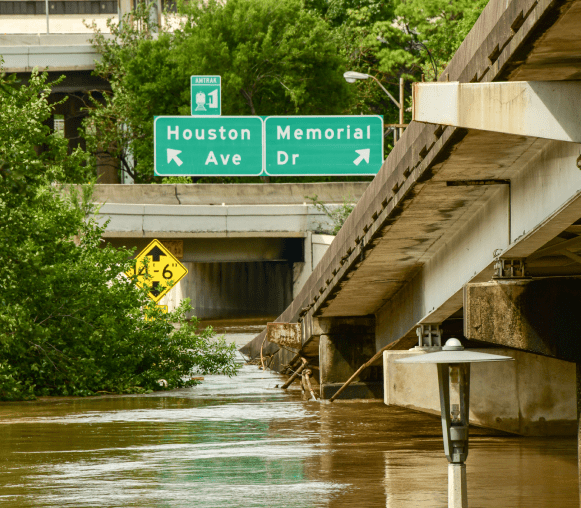
The more people who adopt clean energy solutions, the more we can protect ourselves against climate disasters. Solar options provide emission-free energy and operational stability without the need to worry about fuel supply, maintenance or health and safety hazards.
Yes, there are initial costs and technological considerations associated with solar and storage systems, but the peace of mind that stems from having uninterrupted power… is priceless.
Ready to get started with solar and battery storage?